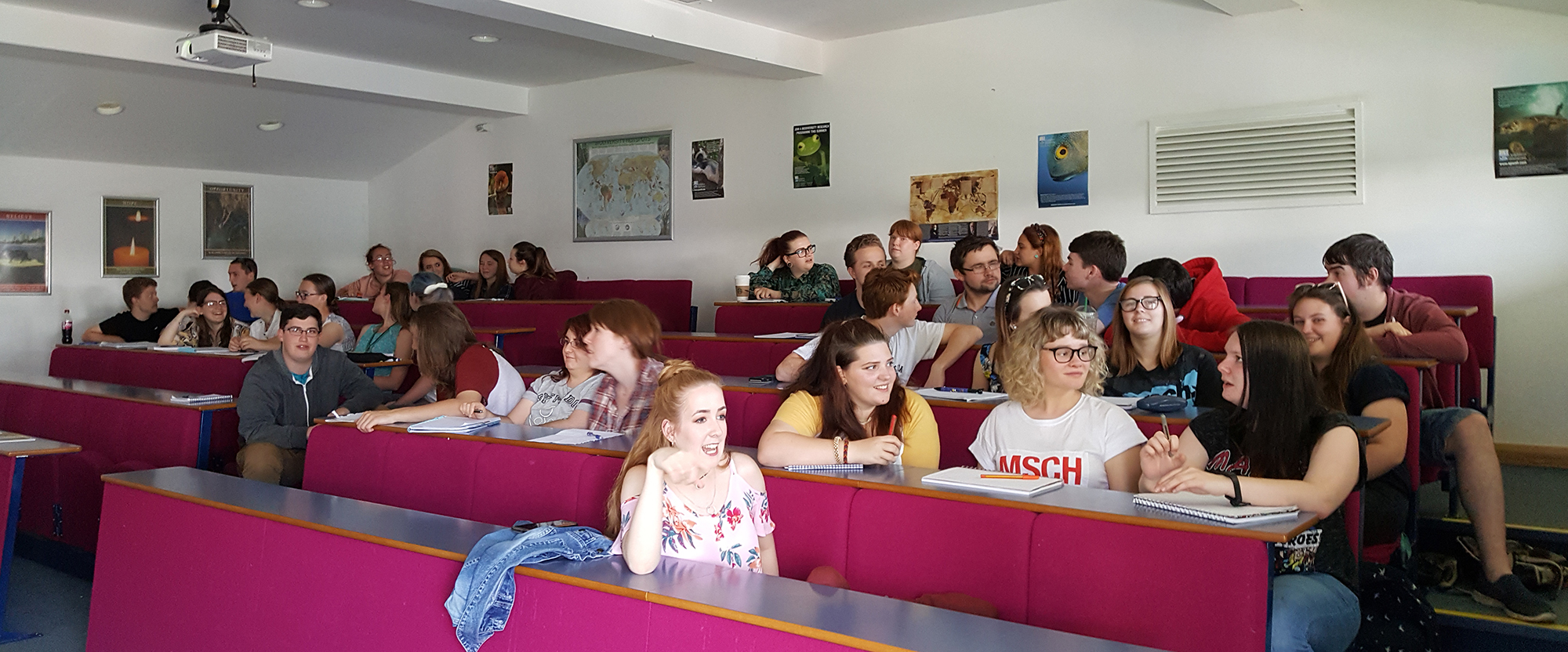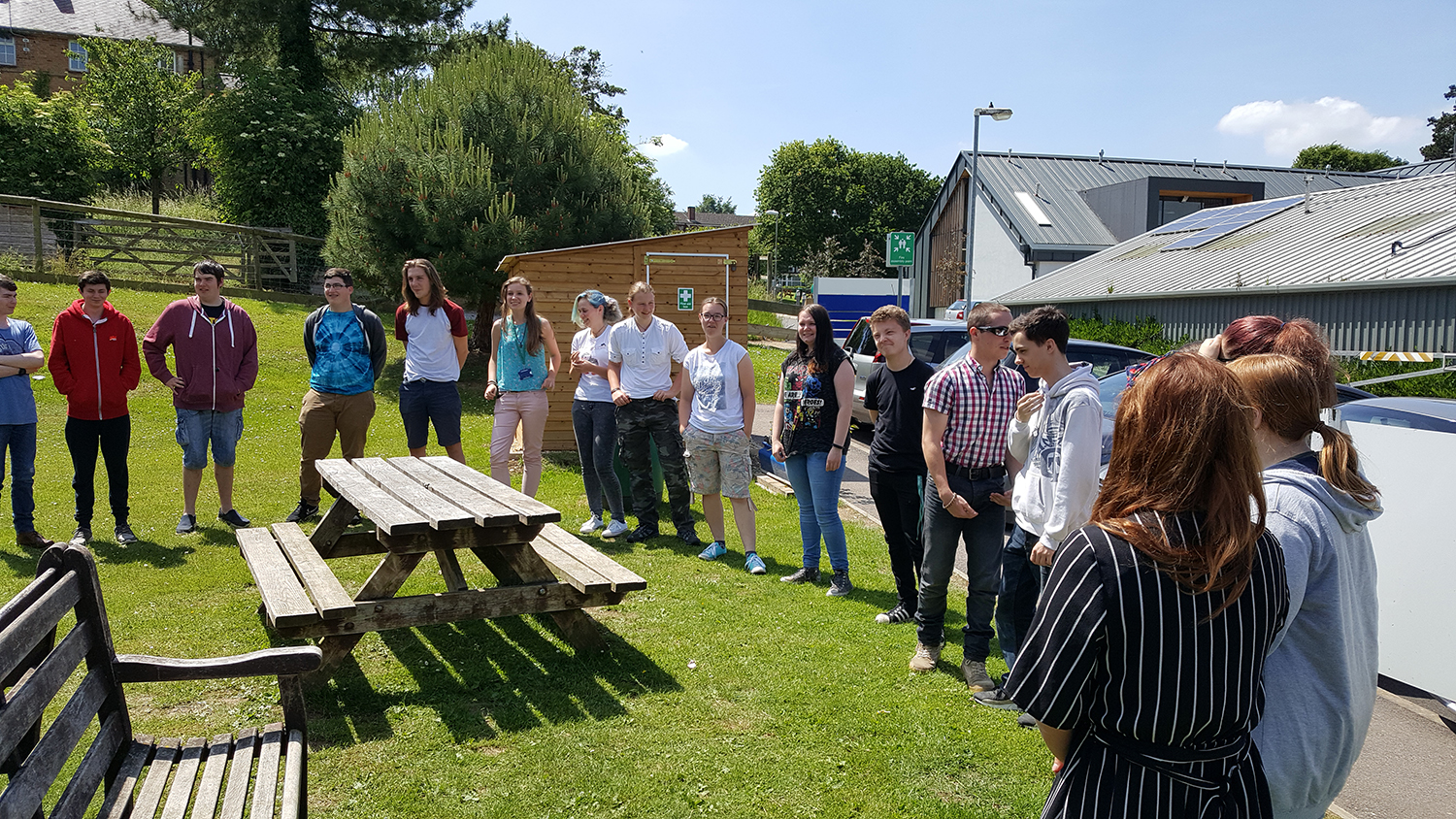It’s easy to find a job… at least to find them advertised, thanks to the internet. A new batch of students hits the job market each year, whilst the ‘retirement’ age extends and people need to stay in work/keep looking for work until they’re older. So the competition for jobs is now therefore greater than ever. 
This week – just as the UK was being blanketed in snow – I had the pleasure of running a couple of careers workshops for 1st year degree students at Warwickshire College – Moreton Morrell. Whilst some of the group have aspirations to become self-employed veterinary physiotherapists and others to enter other aspects of animal care, the skills of ‘selling yourself’, developing a CV and coping with interviews are all relevant and needed. It was also useful for them to hear the career backgrounds and case studies of myself and others working in this field. 
Whilst these and other students are now being better prepared for the opportunities that may arise, it’s also important for employers to think about their systems and procedures. Are they missing out on really good people by rigidly applying profiling to interview selection. What if the person hasn’t got the stated qualification? Or has experience in another field that may have similar skills? Will they automatically be rejected? There is skill in recruitment and selection and it is hoped the good employers have some flexibility in their systems and are keen to support and encourage suitable applicants from diverse backgrounds, qualifications and experiences.
After 30 years+ (which includes recruiting many people) I am really pleased to share my experience and answer questions to help others in their endeavours and career pathways.


